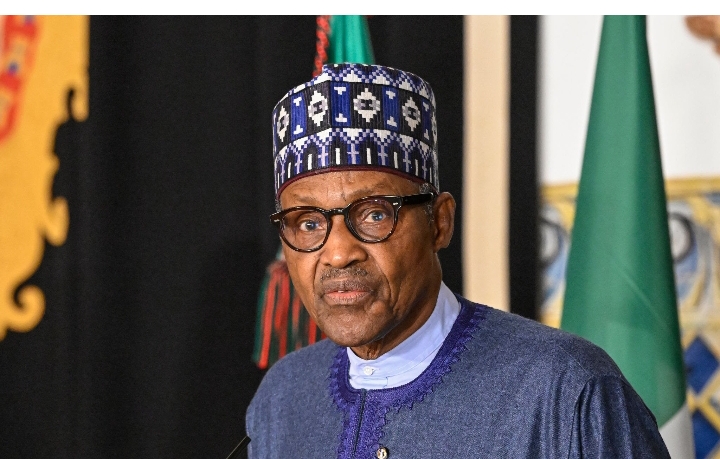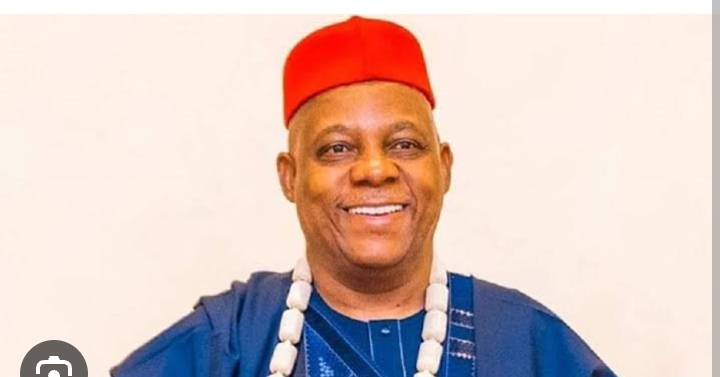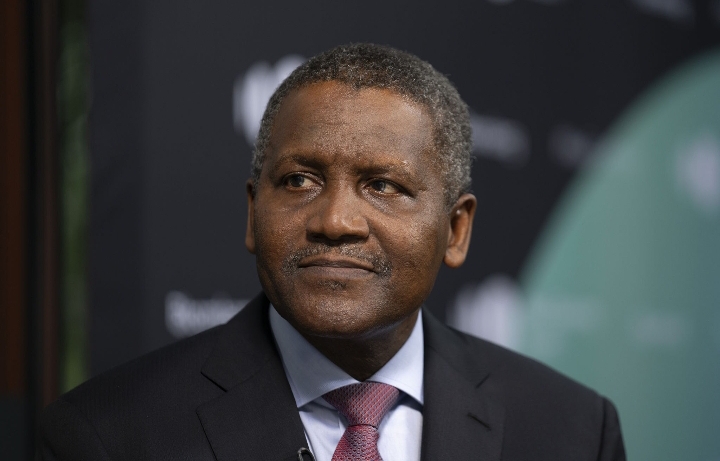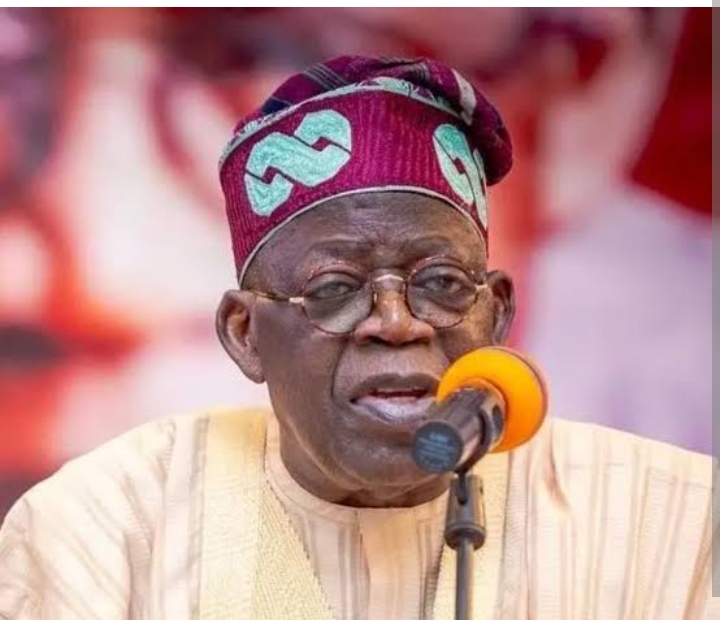How to Cook Oha Soup: A Traditional Nigerian Delicacy
Oha soup, also known as ora soup, is a delicious traditional Nigerian dish originating from the Igbo ethnic group. This soup is cherished for its unique flavor and health benefits, and it is often served at special occasions and gatherings.
Oha soup is made primarily with oha leaves, which are rich in essential nutrients. If you’re eager to try your hand at preparing this mouthwatering delicacy, follow this step-by-step guide on how to prepare Oha soup.
Ingredients:
500g of assorted meats (beef, cow foot, and/or tripe)
1 medium-sized stockfish head
1 cup of crayfish (ground)
1 cup of palm oil
2 cups of oha leaves (shredded)
1 onion (chopped)
4 to 6 small ogiri okpei (locust bean seasoning)
2 tablespoons of uziza leaves (optional)
2 tablespoons of ogiri egusi (optional)
Salt and pepper to taste
Step 1: Preparing the Assorted Meats
Start by thoroughly washing the assorted meats. Place them in a pot, add some chopped onions, seasoning, and salt, then cook until tender. If using tough cuts of meat like cow foot or tripe, you might need to use a pressure cooker to speed up the cooking process. Once cooked, set aside.
Step 2: Soaking the Stockfish
The stockfish head needs to be soaked in water for several hours or overnight to soften it. Change the water a few times during the soaking process to remove any excess salt. Once the stockfish is softened, cut it into smaller pieces and set aside.
Step 3: Preparing the Palm Fruit Extract
To make the palm fruit extract, take the palm fruits and boil them in a separate pot until they become soft. Allow them to cool, then pound or blend them with some water. Sieve the mixture to extract the palm fruit juice, which will give the soup its rich red color.
Step 4: Cooking the Soup
In a clean pot, heat up the palm oil on medium heat. Add the chopped onions and sauté until they become translucent. Then, pour in the palm fruit extract and allow it to simmer for about 15 minutes.
Step 5: Adding the Assorted Meats and Stockfish
Now, add the cooked assorted meats and stockfish to the pot, along with the ground crayfish. Stir well to combine the flavors and let it simmer for another 10 minutes.
Step 6: Incorporating the Seasonings
Next, add the ogiri okpei and ogiri egusi (if desired) to the pot. These seasonings will enhance the taste of the soup. Stir gently to distribute the flavors evenly.
Step 7: Adding the Oha Leaves
Carefully add the shredded oha leaves to the pot, ensuring that they are evenly distributed. If you can’t find fresh oha leaves, you can use dried oha leaves but soak them in water for a few minutes before adding them to the pot. Stir gently to prevent the leaves from disintegrating.
Step 8: Final Seasoning and Optional Additions
Taste the soup and adjust the seasoning with salt and pepper according to your preference. At this point, you can also add uziza leaves, which give the soup a pleasant aroma and flavor. Simmer for an additional 5 minutes.
Step 9: Serving Oha Soup
Oha soup is typically served hot and enjoyed with a side of pounded yam, fufu, or eba, which are traditional Nigerian starchy accompaniments. The combination of the










